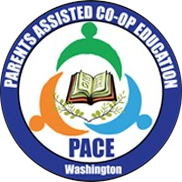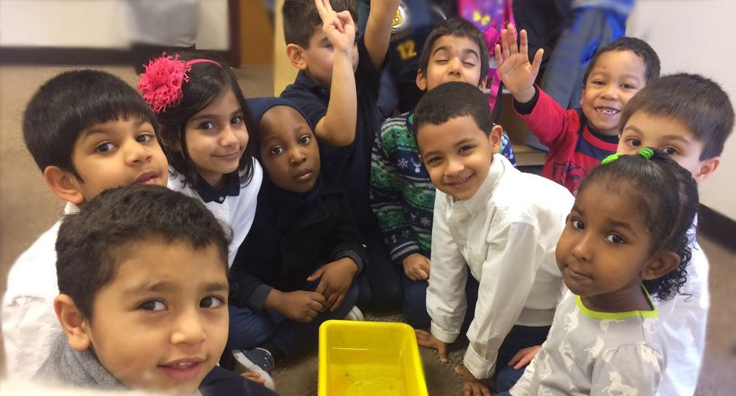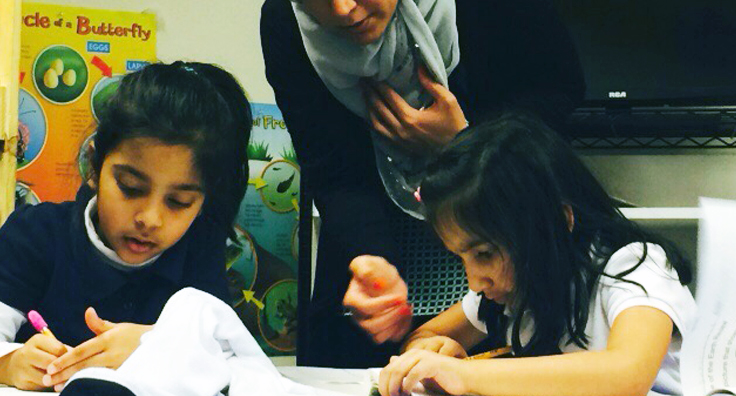What Kids Learn in Kindergarten
Most kindergarteners want to learn all about the world and how it works. Kindergarten teachers often build on this enthusiasm by offering projects that encourage children to delve deeper into the areas that interest them. Children may make life-size tracings of themselves as they learn about the human body, or study animal habitats by researching information about the class pet.
Many kindergarten classrooms offer more formal learning and traditional school experiences than preschool. But kindergarten is still intended to stimulate children’s curiosity to learn more about the world around them. It’s the job of the kindergarten teacher to help children become comfortable working in a classroom setting and to introduce some basic literacy and math-related skills in the midst of their important discoveries.





